What Happens When Bread is Burnt?
When bread or any starchy food (such as potatoes) is exposed to high temperatures, a substance called acrylamide starts to form. This is a chemical compound that is produced at temperatures above about 120 {-15696}C when sugars and proteins in the food caramelize.
Explanation: Acrylamide is a toxic substance that was classified as a probable human carcinogen by the International Agency for Research on Cancer (IARC) in 1994.
Professor Robert Thomas from the UK, one of the most renowned oncologists, warns that the darker the bread crust, the more acrylamide it contains. In other words, lightly toasted bread is less harmful than almost blackened bread.
A study by the European Food Safety Authority (EFSA, 2020) confirmed that acrylamide is associated with DNA damage, weakened immune system, and increased risk of stomach, liver, and colon cancer.
How Common is this Issue?
You might think: I don't eat that much toast. However, the fact is that the average European consumes as much as 30–40% of all acrylamide from bread, toast, potatoes, and cookies.
Sugar on Toast, Double Danger
While toast itself is not a problem, it becomes a serious threat when sweet spreads are added to it. Jam, chocolate spreads, and honey contain large amounts of sugar. The World Health Organization warns that an adult should not consume more than 25 grams of free sugars per day – that is about 5 teaspoons. In practice, however, most people consume at least twice as much.
A study published in the journal Cancer Epidemiology (2021) showed that people who regularly consume sweet spreads and white carbohydrates together have a 23% higher risk of pancreatic cancer.
Professor Thomas advises replacing sweet spreads with healthier options, such as avocado. This fruit contains healthy fats, fiber, and minerals that do not spike blood sugar levels and provide a longer feeling of satiety.
Poor Oral Hygiene and Cancer
Surprisingly, toast is not the only issue. Professor Thomas also warns about another dangerous habit: poor oral hygiene.
More than 60 studies worldwide have proven a link between inadequate oral hygiene and an increased risk of oral and throat cancer (WHO, 2022).
If we do not brush our teeth every night, bacteria and plaque accumulate. These release toxins that can trigger inflammation and ultimately increase the chances of developing cancerous changes. The solution is simple: regular tooth brushing, flossing, and dental check-ups. This small change can greatly reduce the risk.
In the UK, the Go for Gold campaign started in 2020, where people were taught to be mindful when preparing toast or potatoes to ensure that the food remains golden-yellow and does not turn dark brown or black. After two years of the campaign, the British public health institute found that people's awareness of acrylamides increased by 35%, and the sales of heavily burnt products (e.g., crispy toasts) decreased.
What Can You Do?
Instead of giving up bread, you can make some simple changes:
- Bake to golden-yellow, not black. The more burnt, the more acrylamide.
- Reduce sweet spreads. Try avocado, cheese, or even eggs instead of jam or chocolate spread.
- Take care of your teeth regularly. Always brush your teeth at night – this small habit has a big impact.
- Mix up bread types. Whole-grain bread contains more fiber and nutrients than white bread, helping to regulate sugar levels.
- If you make even a slight change to your daily toast, you do a lot for your health.
Toast Can Be Your Friend if You Prepare It Wisely
It is true that toast is quick to prepare, tasty, and often part of our morning ritual. But if you regularly eat it burnt and topped with sugar, you are risking more in the long run than you might think. Acrylamides formed at high temperatures are proven to be linked to cancer, and excessive sugar further increases the risk.
Fortunately, the solution is not complicated. Instead of burning the toast to blackness, bake it to a golden color. Choose a healthier option instead of sweet spreads to give your body energy instead of burdens. And don't forget about your teeth – this small habit can mean the difference between health and disease.
Every little bit counts. By being aware of what you eat every morning, even with just a single slice of bread, you can take a step towards a longer and healthier life.



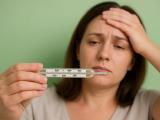
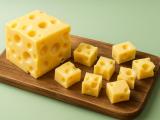

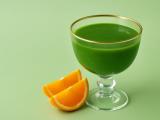
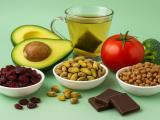
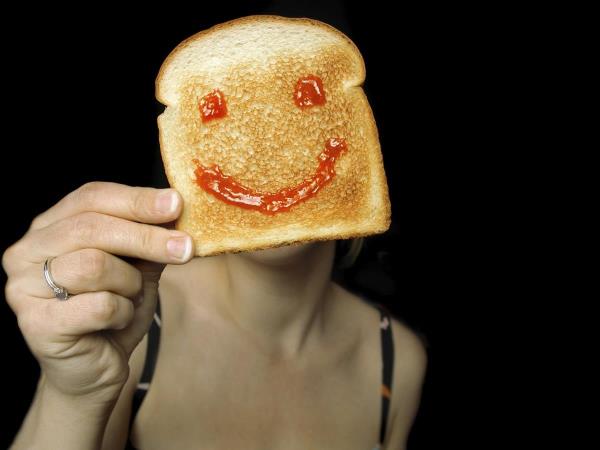
 Would you like to be informed about news on the website?
Would you like to be informed about news on the website?

